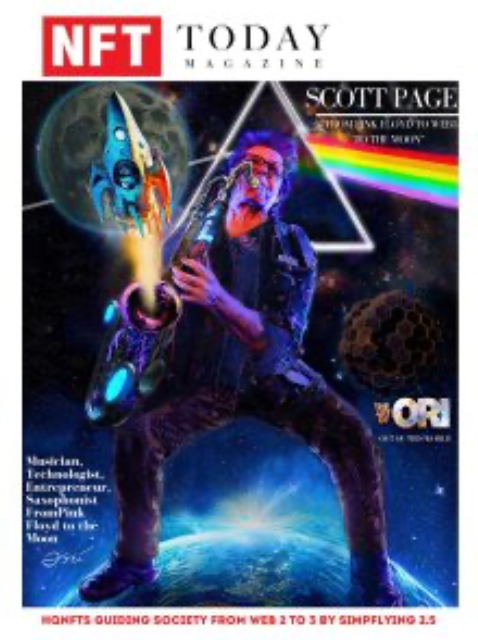U.K. Adults Now Prefer Online Platforms Over TV for News: What It Means for the Media Industry
Staff Writer • 2024-09-13
In a historic shift, more adults in the U.K. are now using online platforms for news than traditional television, according to a recent report from Ofcom. For the first time, 71% of adults in the U.K. access their news through online channels, surpassing the 70% who still rely on TV. This marks a significant turning point in the media landscape, with television following in the footsteps of print newspapers, which experienced a steep decline with the rise of the internet. A Media Transformation Decades in the Making For over six decades, television has been the dominant source of news for households across the U.K. Its ability to broadcast real-time events with trusted anchors made it an indispensable tool for news consumption. However, the media industry has long been shifting toward digital platforms, as younger generations prefer the immediacy and interactivity of online news. This new reality presents challenges and opportunities for both traditional and digital media outlets. On one hand, the digital space offers unprecedented access to information from a variety of sources. On the other, it has also opened the door to misinformation and unvetted content that threatens the integrity of news. The Rise of Misinformation and AI in News As consumers increasingly turn to online platforms and social media for their news, questions about the accuracy and reliability of this content have surfaced. The algorithms used by platforms like Facebook, Google, and Twitter to curate content are often designed to prioritize engagement over accuracy. This has led to the spread of sensationalized or misleading information, which can distort public perception. Artificial intelligence is further complicating the issue. While AI has the potential to revolutionize content creation and distribution, it can also be weaponized to create sophisticated fake news or deepfake videos. As these technologies become more prevalent, the public’s ability to discern truth from fiction is likely to be tested. The Role of Web3 in Restoring Public Trust Ciaran Murray, CEO and founder of Olas, believes that the future of news lies in embracing emerging technologies like Web3 to combat misinformation. “The latest findings from Ofcom confirm what we’ve seen coming — the shift to online news consumption is accelerating, and traditional channels like TV and newspapers are struggling to keep pace. While this transition offers broader access to information, it also exposes us to new challenges, particularly around misinformation and bias,” Murray notes. The decentralized nature of Web3 could serve as a solution to the current crisis of trust. By creating ownerless platforms that prioritize transparency, Web3 technologies can enable news platforms to operate without the influence of corporate or political agendas. This model would allow consumers to access verified, trustworthy news from sources that are independent of the algorithms driving today’s most popular platforms. “The appetite for truthful news hasn’t diminished — it’s just that current media models are failing to meet it,” Murray adds. “To prevent the erosion of public trust in the media, we must take concrete steps to combat misinformation, and the adoption of new technologies and transparent practices will be the key.” A Path Forward The shift to online news consumption is not inherently negative, but it does demand that both consumers and platforms adapt. To maintain credibility in the digital age, media organizations must invest in fact-checking, embrace new technologies that prioritize accuracy, and implement ethical guidelines for AI use in news creation. This pivotal moment presents an opportunity for media leaders to redefine how news is consumed in the 21st century. If done responsibly, the transition from TV to online platforms could usher in a new era of media that empowers consumers with more accurate, unbiased information than ever before. As the lines between digital and traditional news sources continue to blur, the future of media will depend on how well platforms adapt to the evolving needs of their audience, while also safeguarding the truth in an increasingly complex digital landscape.
See More Posts
A look at how NFTS, Web 3, Gaming, Cryptocurrencies and Blockchain are reshaping businesses across the globe.
@NFT Today Magazine


